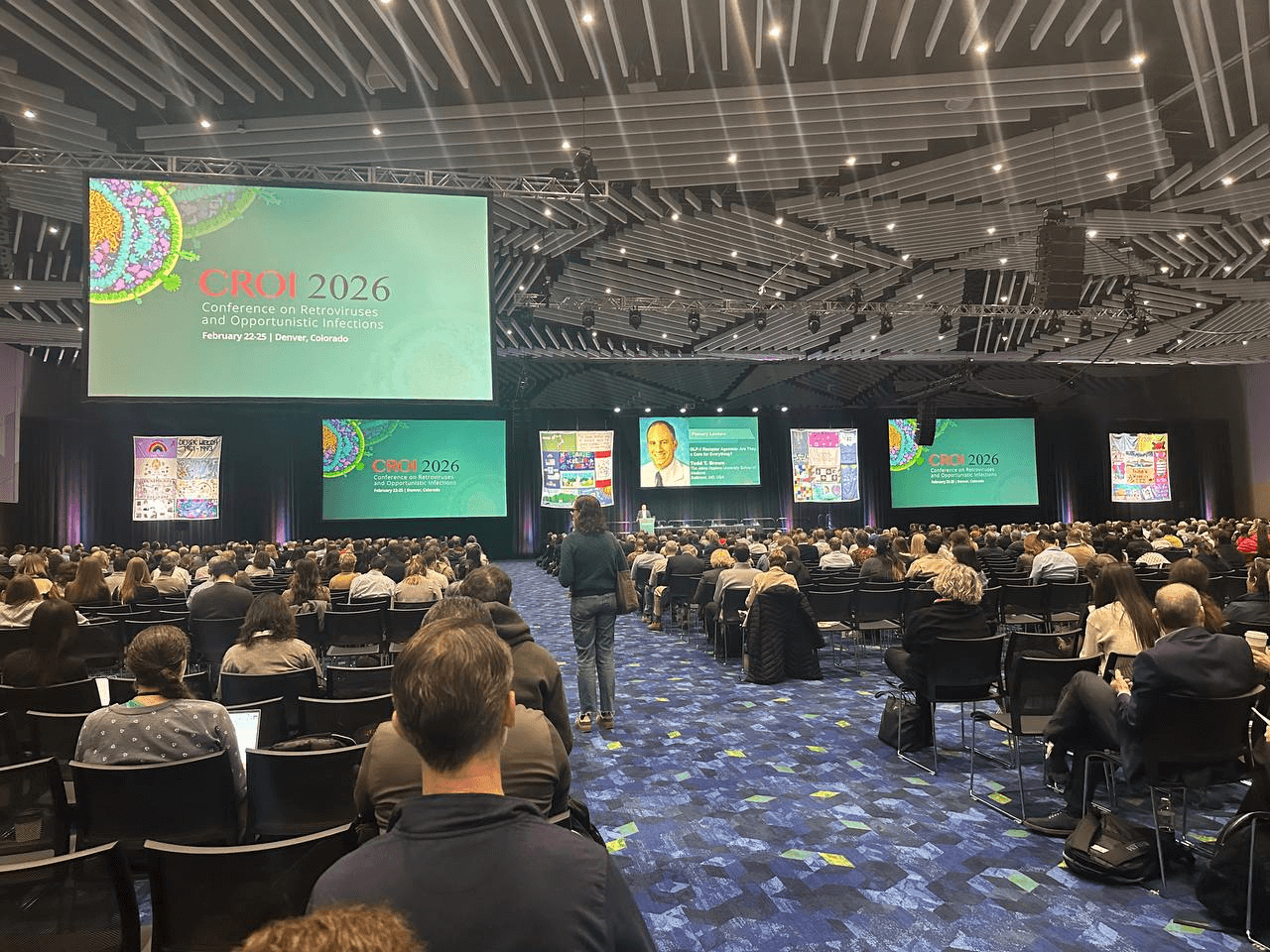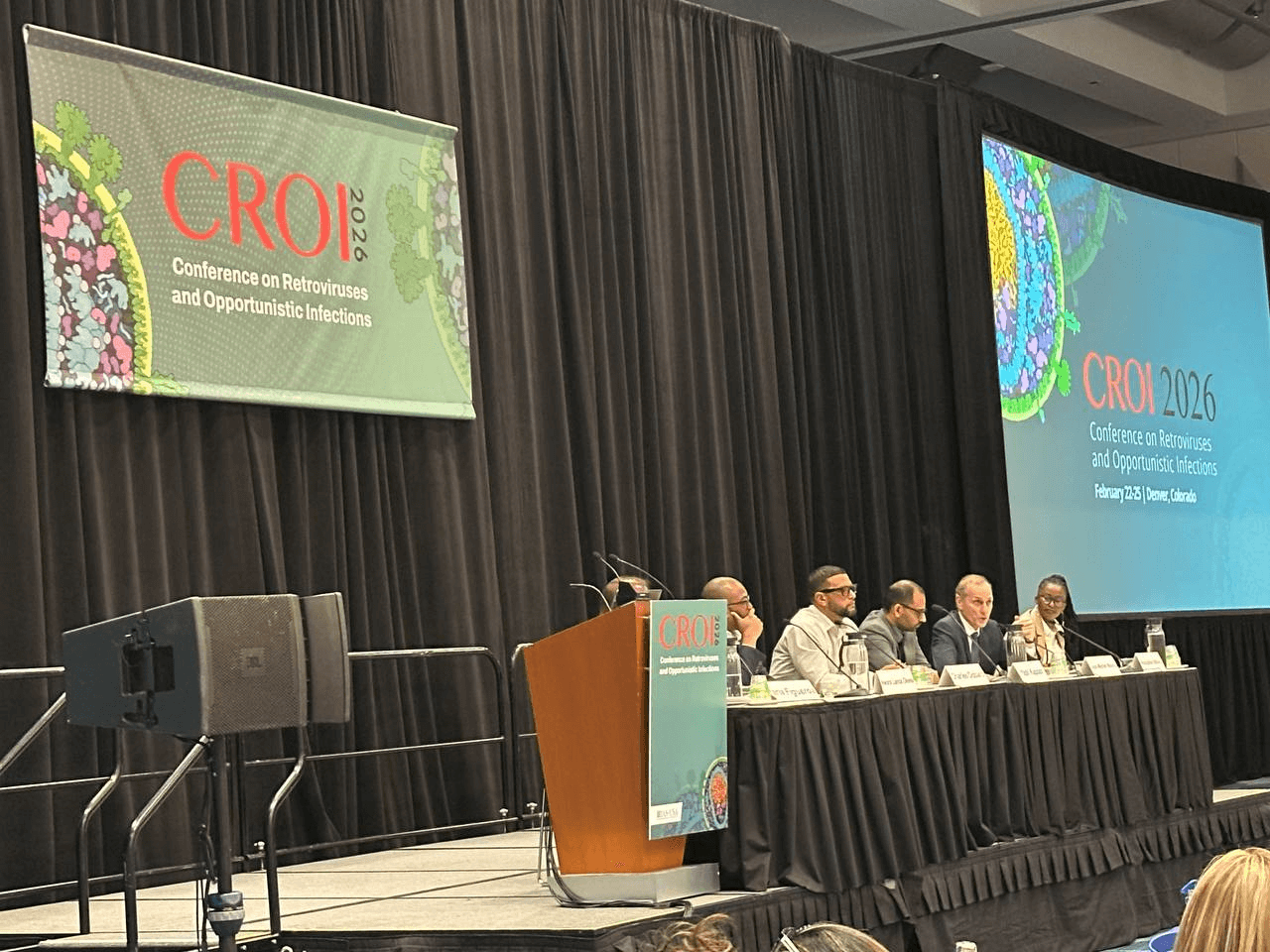Public health professionals argue: 18% decline in HIV incidence is not enough

The U.S. Centers for Disease Control and Prevention (CDC) have reported new US HIV incidence estimates for the years 2008 to 2014. Using a new method for estimating the numbers based on diagnostic and CD4 cell level at the time of diagnosis, the CDC found that HIV incidence has declined by 18% in the US.
The decline did not occur evenly across all populations. In 2014, about one-half of new HIV infections occurred in Southern states. About 70% of new HIV infections occurred in gay and bisexual men. Incidence among Black gay and bisexual men did not decline at all from 2008-2014, and incidence actually increased among Latino gay and bisexual men, as well as among young (25-34) gay and bisexual men.
In 2010, the Obama administration's National HIV/AIDS Strategy (NHAS) set out the goal of a 25% reduction of HIV incidence by 2015. According to the CDC's numbers, it is unlikely that this goal was achieved.
Based on this information and their own modeling efforts, David Holtgrave of the Johns Hopkins Bloomberg School of Public Health and Robert Bonacci of Brigham and Women's Hospital in Boston argued in a recent Huffington Post article that HIV prevention, care, and supportive housing efforts in the US need to be increased in order to meet NHAS goals.
According to Holtgrave and Bonacci, the nation should focus on expanding critical HIV-related services and access to comprehensive care. They observe that the Affordable Care Act increased access to health insurance for people living with HIV and helped to curb HIV transmission. Noting that some populations are disproportionately affected by the ongoing HIV epidemic, they also call for a recommitment to addressing social determinants of public health, including stable housing, food security, affordable health care, and non-stigmatizing health care delivery systems.



